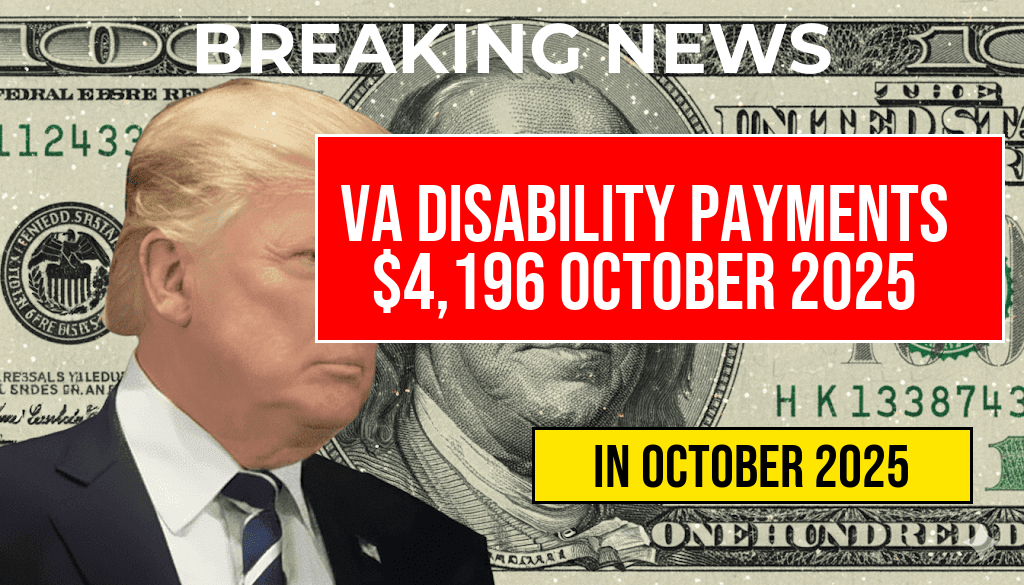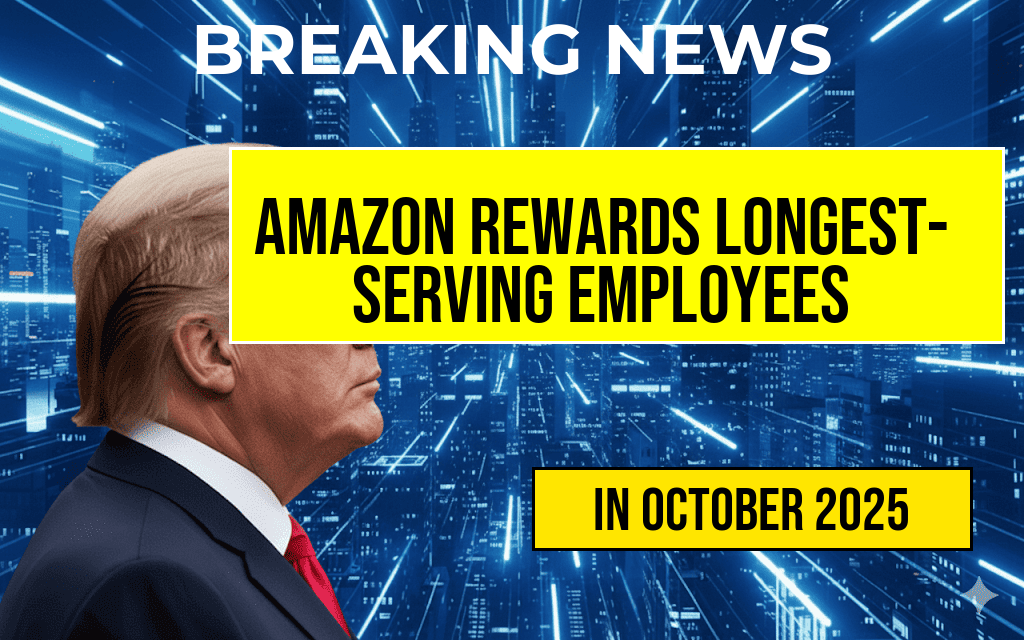The approaching threat of a government shutdown has ignited concerns over its potential to create a divide among Social Security recipients. While current beneficiaries are likely to see their payments protected through existing legal provisions, new applicants may face significant delays or disruptions in processing their claims. This scenario risks establishing two distinct classes of Social Security recipients—those already receiving benefits remain shielded from immediate impact, whereas newcomers could encounter prolonged wait times or complete payment interruptions. Such a split could reshape perceptions of the social safety net and pose challenges for vulnerable populations relying on timely support.
Government Shutdown and Its Impact on Social Security Programs
A government shutdown occurs when Congress fails to pass appropriations bills to fund federal agencies, forcing non-essential operations to halt. While Social Security administration activities are generally considered essential, recent funding lapses have exposed vulnerabilities within the system. During past shutdowns, the Social Security Administration (SSA) has maintained benefit payments to current recipients, but services related to new claims, appeals, and administrative processing often experience delays.
Protection for Existing Beneficiaries
Historically, Social Security payments to current beneficiaries continue uninterrupted during government shutdowns. This is due to statutory language designating benefit payments as mandatory spending, which typically takes precedence over other discretionary programs. However, administrative functions such as face-to-face appointments, new claim processing, and inquiries are often scaled back, leading to longer wait times and reduced service availability.
Challenges for New Applicants and Pending Claims
In contrast, new applicants for Social Security benefits face uncertain prospects during a shutdown. Without authorized funding, the SSA may suspend or slow down processing of new applications, meaning seniors and disabled individuals seeking benefits could experience significant delays. This disruption extends to:
- Processing new retirement, disability, or survivor claims
- Handling appeals and reconsiderations
- Responding to inquiries and providing assistance
Such delays can leave vulnerable individuals without vital income support, particularly those who rely on expedited processing due to urgent health or financial circumstances.
Legal and Policy Frameworks Underpinning Social Security
Mandatory vs. Discretionary Spending
The distinction between mandatory and discretionary spending plays a crucial role in how Social Security is affected during a shutdown. Mandatory spending—which includes benefit payments—must be made regardless of appropriations, as it is governed by existing law. Conversely, administrative functions and new claim processing fall under discretionary spending, making them susceptible to funding gaps.
Legislative Efforts and Recent Developments
Lawmakers have attempted to mitigate shutdown impacts through temporary funding measures or legislation that specifically safeguards Social Security operations. Nevertheless, the threat of a prolonged impasse raises fears of inconsistent application of protections, especially for incoming beneficiaries.
Potential Consequences of a Split System
| Current Beneficiaries | New Applicants |
|---|---|
| Payments continue as usual | Potential delays or denials in processing |
| Access to customer service limited but ongoing | Limited or no access to application assistance |
| Minimal disruption to income security | Increased risk of financial hardship |
This duality could foster perceptions of an unequal safety net, where those already benefiting are insulated from systemic failures, while newcomers face barriers that could prolong hardship. Such a divide might also influence public confidence in the government’s ability to uphold social insurance commitments.
Broader Implications and Policy Considerations
Experts warn that a prolonged shutdown could accelerate calls for reforming the funding and operational structures of Social Security. Questions about whether current legal safeguards are sufficient or if new measures are needed to protect incoming beneficiaries have gained prominence. Additionally, advocacy groups are urging Congress to prioritize bipartisan agreements that prevent disruptions to essential social programs.
Individuals awaiting benefits are advised to stay informed through official sources such as the Social Security Administration website and to consider alternative financial planning strategies in case of delays.
As discussions continue on Capitol Hill, the potential for a two-tiered system underscores the importance of safeguarding the integrity and universality of social safety net programs. The stakes extend beyond immediate payments, touching on the fundamental trust in government commitments to vulnerable populations.
Frequently Asked Questions
What is the main impact of a government shutdown on current Social Security beneficiaries?
Current Social Security beneficiaries will remain protected and continue to receive their benefits without interruption during a government shutdown.
How are new Social Security applicants affected during a government shutdown?
New applicants for Social Security benefits may face total delays in processing their claims, leading to significant waiting times and disruptions in receiving benefits.
Why does a government shutdown create two classes of Social Security recipients?
The protected status of current beneficiaries versus the delays faced by new applicants results in a situation where two classes of recipients emerge, depending on their application status during the shutdown.
Will Social Security payments to current beneficiaries be affected during a shutdown?
No, current beneficiaries will continue to receive their Social Security payments as usual, even during a government shutdown.
What should potential new Social Security applicants do during a government shutdown?
Potential new applicants should be aware of possible delays in processing and consider planning accordingly, as their benefit claims may experience significant postponements until normal operations resume.










